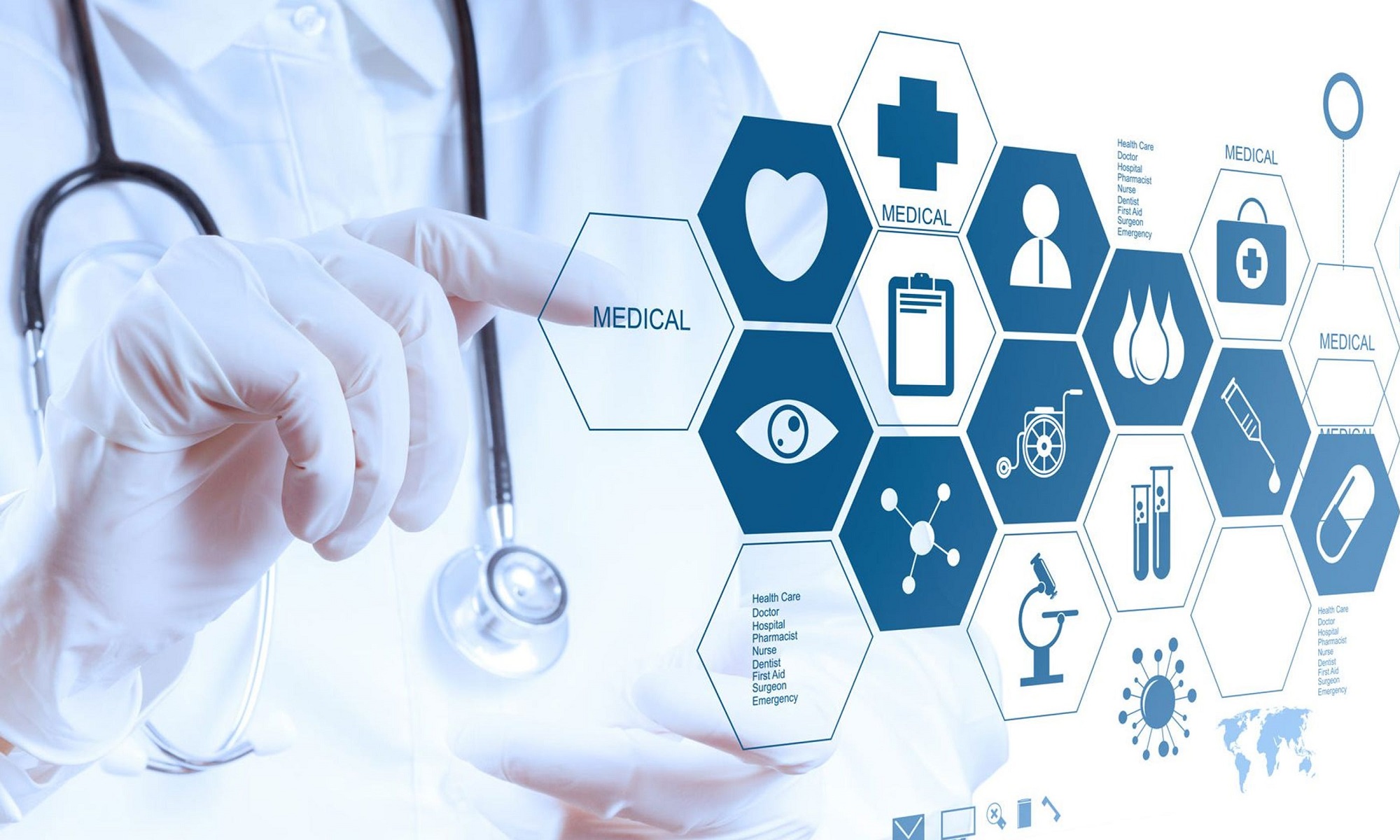
Of course, almost all EU countries are distinguished by a high level of medical care, but in Spain, it is the most effective, and the world-famous medical research institutes are located here.
The healthcare system in Spain is distinguished by its decentralization: clinics equipped with the latest equipment and staff of highly qualified specialists can be found in any province, not only in large cities. There are smaller clinics even in small villages, and this is not surprising – the Spanish medical system works on the principle of universal accessibility.
Almost all population (over 95%) is entitled to free medical care. Healthcare in Spain is funded by employers’ contributions to the National Insurance Institute. In other words, any working resident of Spain, as well as his family members, have access to free regular and emergency medical care. The exception is dental services, as well as complex surgical interventions, mainly associated with aesthetic medicine – they are only paid in this country.
The only problem with free medicine in the state is the queue: you can wait for weeks or even months to see a highly specialized doctor. The private medical centers solve this problem. Their services are quite expensive; so many people prefer to use Spanish private insurance, which is available with about 15% of the population in the kingdom. The cost of insurance depends on the amount of insurance coverage, as well as the age and health of the patient.
Free medicine in Spain
Every citizen in the Kingdom of Spain has access to free public medicine. In addition, the following are entitled to free and regular medical care:
- Working foreigners;
- Children under the age of 18;
- Pregnant women.
In a number of Spanish provinces, holders of a Spanish residence permit can also apply for free regular medical care. The illegal inhabitants of the kingdom are only entitled to emergency medical assistance. We can advise them to take out private insurance in Spain, so as not to spend significant funds when contacting clinics for medical help – we all get sick from time to time, it is a shame to spend several hundred, or even a couple of thousand Euros, on the treatment of banal poisoning.
Private medicine in Spain
In the event that there is no access to public medicine, it is worth using the services of a private one. In addition, a private insurance policy can be purchased at a very reasonable price. The average monthly fee is 35-50 Euros, which makes it possible to contact the best medical centers. Popular insurance policies in this country are “Adeslas”, “Sanitas”, “Asisas” and others. Policies allow you to make an appointment with specialists from such world-famous medical centers as, for example, the Teknon, Quiron, or Dexeus clinics in Barcelona, where people come to treat oncology from all over the world.
When purchasing insurance, you should pay attention that not all types of medical interventions are covered from the first month of the policy. For example, major surgeries, implants, or childbirth are covered from 6-9 months. In any case, a private insurance policy is one of the profitable acquisitions that will save time and not sit in hospital queues, which is why many people use both public and private medicine in Spain.
Ambulance in Spain
An ambulance will go to the address only if it is about life-threatening conditions. In all other cases, you will be asked to go independently to the emergency department at one of the local hospitals. There is no doctor in the mobile team – as a rule, only a driver and a paramedic, whose main task is not to provide treatment on the spot, but to take the patient to the emergency department in the hospital.
These units are called Urgencia and exist in every Spanish hospital. Free emergency medical care can only be expected in public hospitals. Private clinics also have Urgencia departments, but you will need private insurance to go to such clinics. You may be admitted without it, but in this case, you will have to pay a considerable amount of money for urgent help.
How to call an ambulance in Spain:
112 – phone number of the rescue service in Spain;
061 – an ambulance telephone number in some provinces (it was valid before the introduction of the general telephone number 112, is still available in some provinces);
If you are the owner of private insurance in Spain – phone numbers for calling an ambulance are usually listed on your insurance policy.
Interaction with pharmacies
In the event of slight discomfort, you can also contact one of the many local pharmacies: as a rule, local pharmacists are qualified to recommend medicines that will help eliminate and cope with the symptoms of diseases. There are a lot of pharmacies in every city of the kingdom, they are easy to find by the classic green “cross”. If the sign-cross is lit, the pharmacy is open to visitors, if not, it is closed.
Keep in mind that most “serious” medicines, such as antibiotics, are available from local pharmacies only with a doctor’s prescription. By the way, when purchasing a prescription drug, you also get a significant discount – about 40-60% of the cost of drugs – depending on your type of insurance and social status. For example, discounts for pensioners in local pharmacies are much more significant and can reach 90%.
The same is with children’s medicines. Usually, pharmacies are open according to the regular store schedule, but there are also pharmacies on duty that are open at night. The addresses of the nearest pharmacy on duty, called Farmacia de la Guardia, can usually be found at the entrance to any pharmacy.

